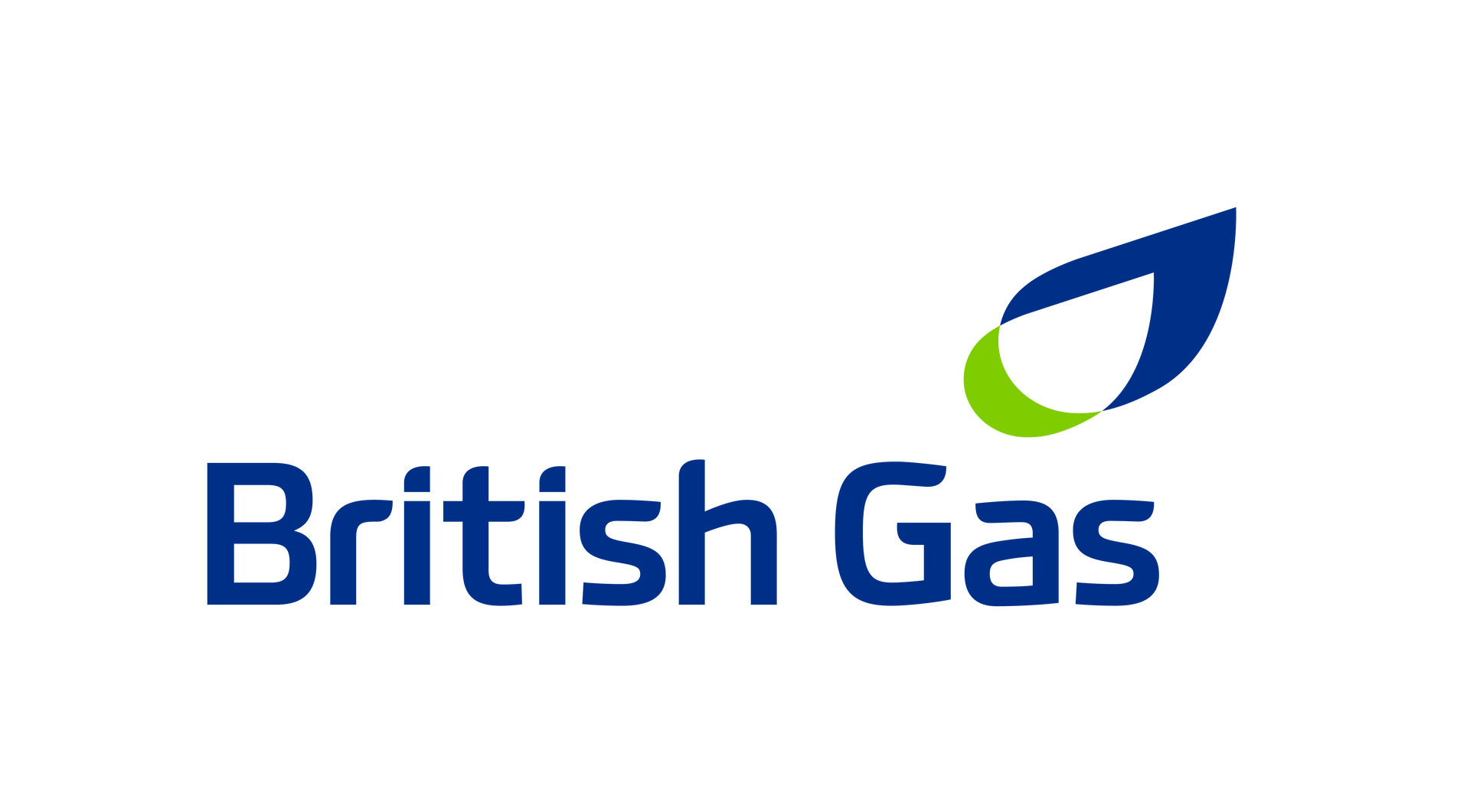Global sales of electric vehicles (EVs) have survived the shock that the car industry faced during the Covid-19 pandemic, recording a 40% increase last year compared to 2019.
EV sales continue to soar
A new report published by the International Energy Agency (IEA) estimates a record three million new EVs were registered in 2020. The data suggests the electric segment of the automotive industry continued its strong momentum this year, with sales in the first quarter reaching nearly two and half times the level they had during the same period last year.
Fatih Birol, Executive Director of the IEA, said: “While they can’t do the job alone, electric vehicles have an indispensable role to play in reaching net zero emissions worldwide.”
Europe the leader of global EV market
The growth helped the number of EVs on the streets increase globally to more than ten million with an another estimated one million electric vans, heavy trucks and buses. In terms of the geographic expansion of the EV population, IEA highlights that Europe overtook China for the first-time last year as the leader of the global electric car market. The analysis estimates electric car registrations in Europe more than doubled to 1.4 million, while in China they increased 9% to 1.2 million.
Fatih Birol, Executive Director of the IEA, said: “Current sales trends are very encouraging, but our shared climate and energy goals call for even faster market uptake.”
Expected expansion of EV market
The body also predicts global electric car sales are on track for a decade of further strong growth as the number of electric cars, vans, heavy trucks and buses on the roads worldwide is projected to reach 145 million by 2030. However, IEA stresses the need for governments to accelerate their efforts in building the required infrastructure while maintaining their climate targets.
Fatih Birol, Executive Director of the IEA, said: “Governments should now be doing the essential groundwork to accelerate the adoption of EVs by using economic recovery packages to invest in battery manufacturing and the development of widespread and reliable charging infrastructure.”
British Gas Business
The demand for EV charging is rapidly increasing, so what is your business doing in response? At British Gas Business we’re proud to offer workplace EV charging points, with end to end project management – from assessing site supply to final installation. Learn about our workplace charging points and the steps to becoming EV ready below.




